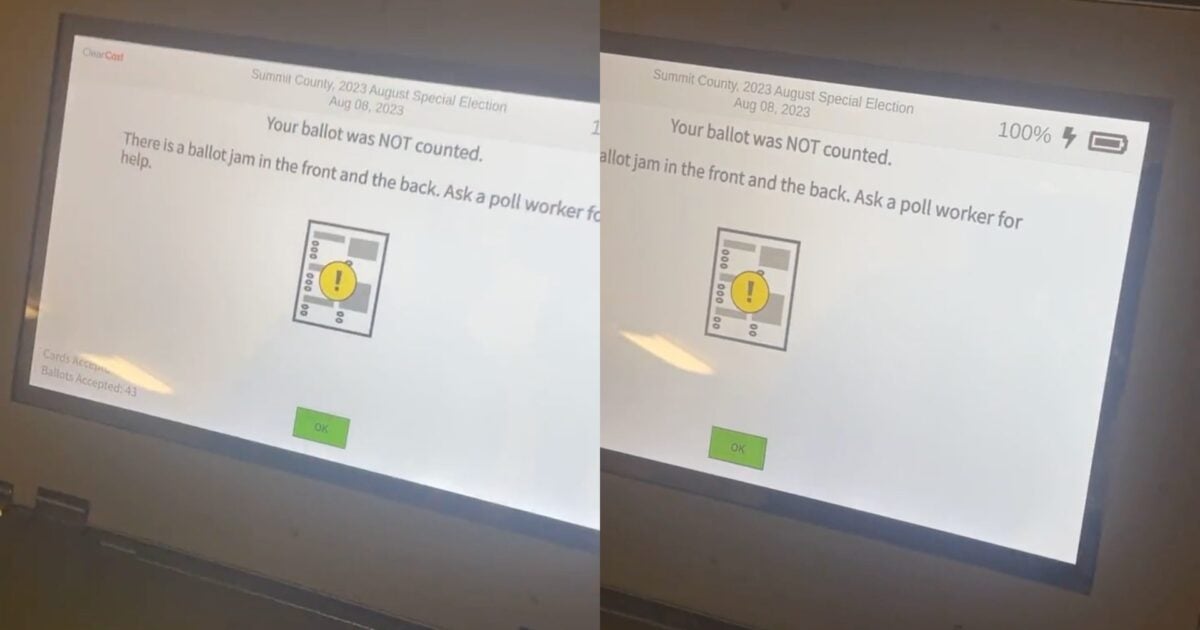
Issue 1: Everything you need to know about Ohio's constitutional amendment ballot measure
Voting in Ohio for a measure championed by conservatives to raise the threshold to amend the state constitution will conclude on Tuesday. Should the measure fail, it could open the door for Democrats to make the right to have an abortion solidified in state law and give the party a boost heading…
Anyone outside of Ohio hear of this?
Issue 1 wants to require a supermajority for ballot initiatives to pass, and signatures in EVERY county to get initiatives onto the ballot.
It's being framed by conservatives as "protecting the Ohio constitution," and being pushed by the religious as protecting us from legalizing abortion.
Personally, leaning conservative on most things, I voted no. Ohio's ability to get ballot initiatives in place and passed, regardless of what our shitty politicians want, is an overwhelmingly good thing in this state.
If conservatives want to take away our rights to change things, and give the minority opinions the option to stop any changes, then I'm definitely no conservative.
My opinion is that it's not worth giving away some of our rights because we are scared a law we don't like might pass.
A few things we wouldn't have if this law was in place:
People other than white men being able to enlist in the guard
Governor's term limits
Ohio would only have straight ticket voting
So I broke from rhe conservatives on this and voted no.
Did anyone else from Ohio vote today?

